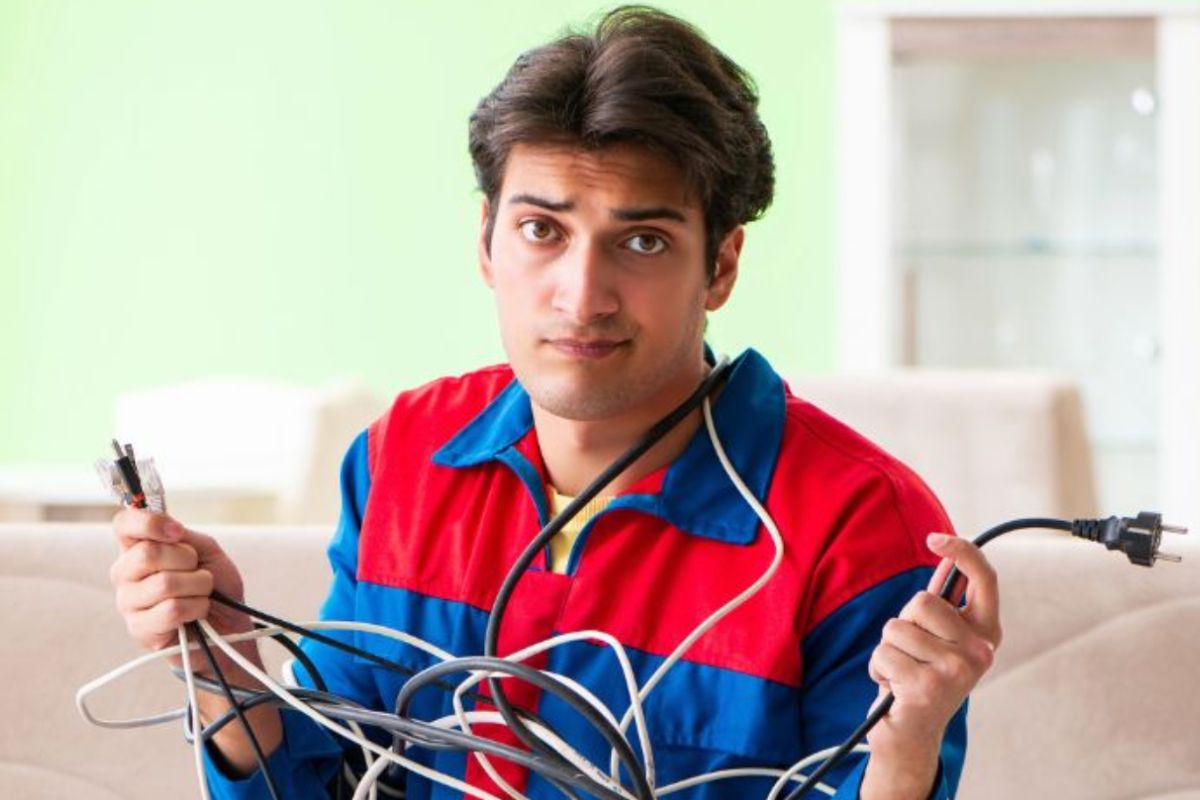15 Home Repairs That Are Illegal For DIYers To Do
Many homeowners enjoy tackling projects themselves to save money and gain a sense of accomplishment when it comes to home repairs. However, not all repairs are suited for a DIY approach.
Some tasks are complex and regulated by law, meaning you could face fines, safety risks, or even legal action if you attempt them without the proper permits or qualifications. Here are 15 home repairs that you legally cannot, and should not, attempt to do on your own.
Electrical Wiring
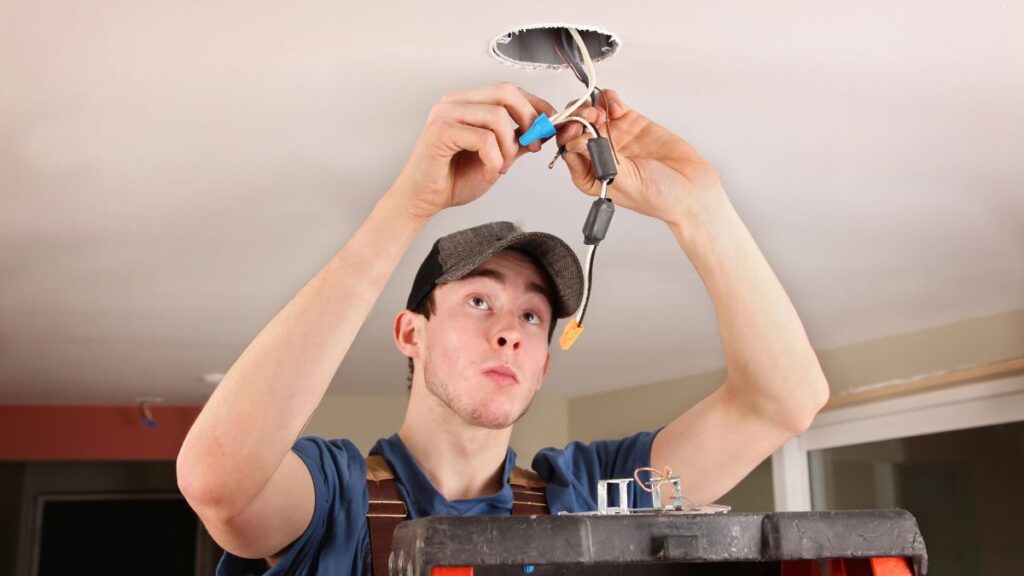
Working with electrical wiring is one of the most dangerous tasks to undertake without proper training. Mistakes can lead to serious injuries, fires, or even death. Because of the high risk involved, many states and municipalities require that a licensed electrician do electrical work.
This includes tasks like rewiring your home, installing new outlets, or adding new lighting fixtures. Even small errors can cause code violations, resulting in hefty fines or the need for costly repairs down the line.
Gas Line Repairs
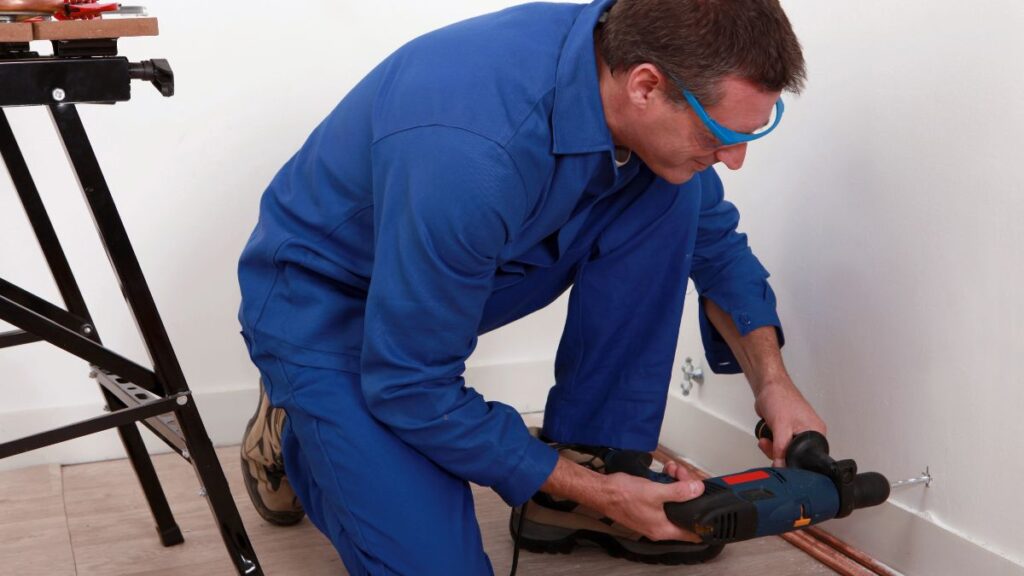
Gas lines are another area where DIY repairs are strictly off-limits. Gas leaks can lead to explosions, fires, and carbon monoxide poisoning, so only certified professionals must handle any repairs or installations involving gas lines.
Whether you need to fix a leak or install a new gas appliance, hiring a licensed plumber or gas technician is essential. Unauthorized work on gas lines can result in legal penalties and void your homeowner’s insurance policy in case of an accident.
Roof Repairs in Certain Areas
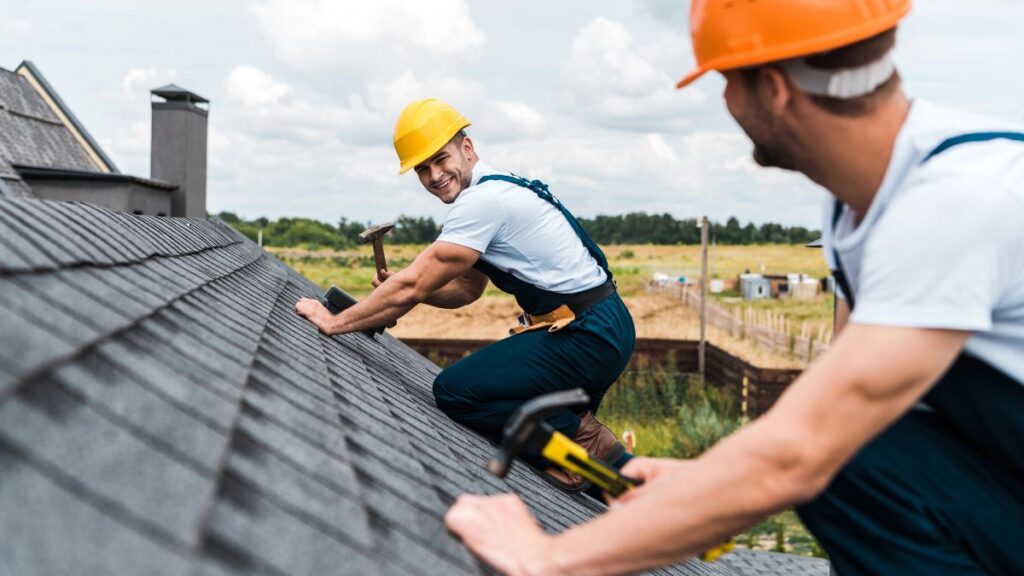
While many homeowners might feel comfortable fixing a loose shingle or patching a small hole, some states and localities have strict regulations about who can perform roof repairs. In areas prone to severe weather, like hurricanes or heavy snowfall, roofing work often requires a permit and must be completed by a licensed contractor.
This ensures that the work meets safety standards and can withstand the local climate. Attempting roof repairs without proper authorization can result in fines and may compromise your home’s structural integrity.
Major Plumbing Work
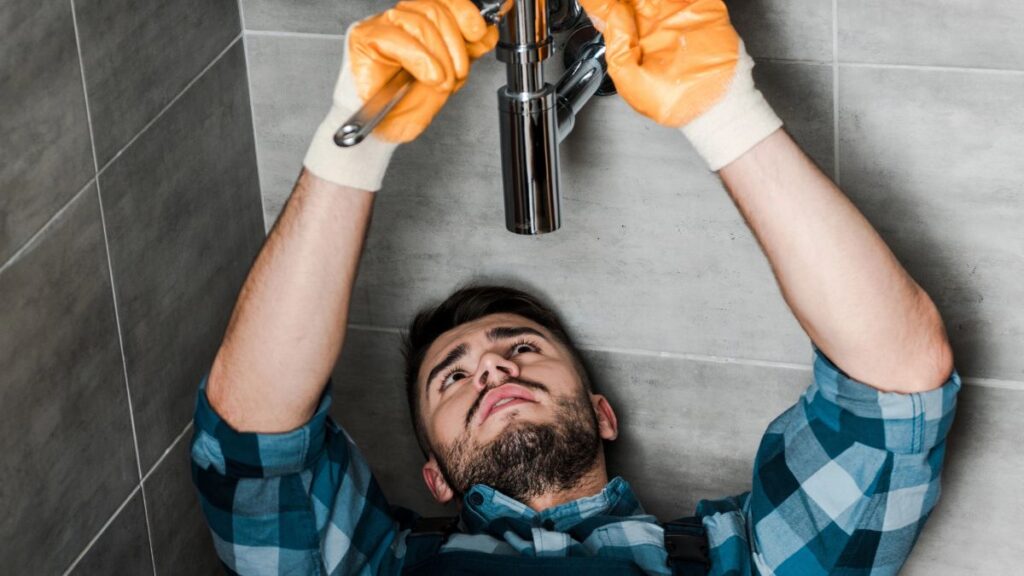
While fixing a leaky faucet or unclogging a drain might be within the realm of DIY, major plumbing work is not. Tasks such as moving plumbing lines, installing new water heaters, or replacing sewer lines typically require a licensed plumber.
Improper plumbing work can lead to water damage, mold growth, and contamination of your home’s water supply. Many jurisdictions require permits for significant plumbing work to ensure that it meets building codes and safety standards.
Asbestos Removal
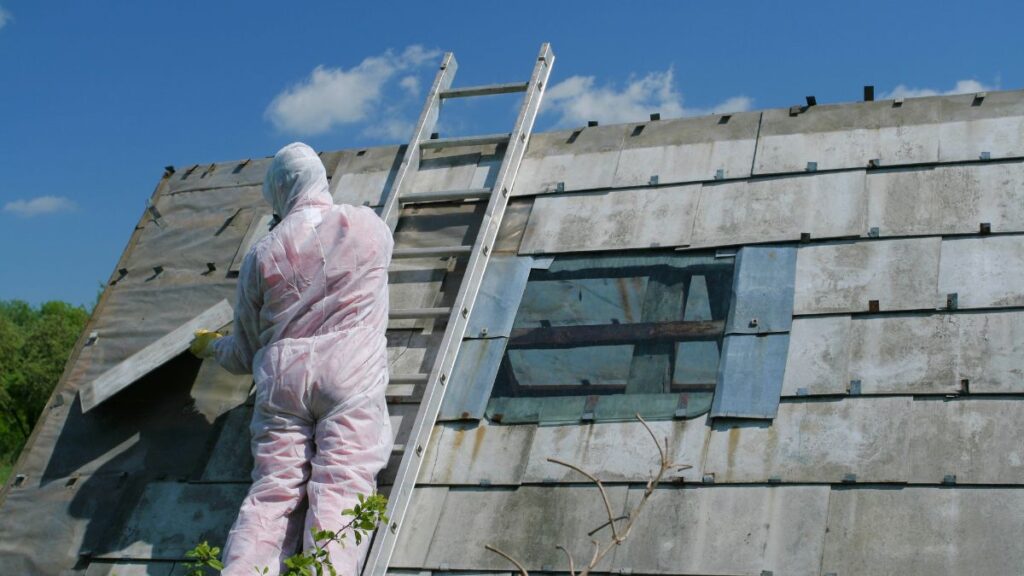
Asbestos is a hazardous material that was commonly used in building materials before its dangers were widely recognized. If your home contains asbestos, such as in old insulation or ceiling tiles, you should not attempt to remove it on your own.
Asbestos removal is heavily regulated and must be performed by licensed professionals trained in safe handling and disposal. Improper removal can release dangerous fibers into the air, posing serious health risks and leading to legal consequences.
Structural Changes
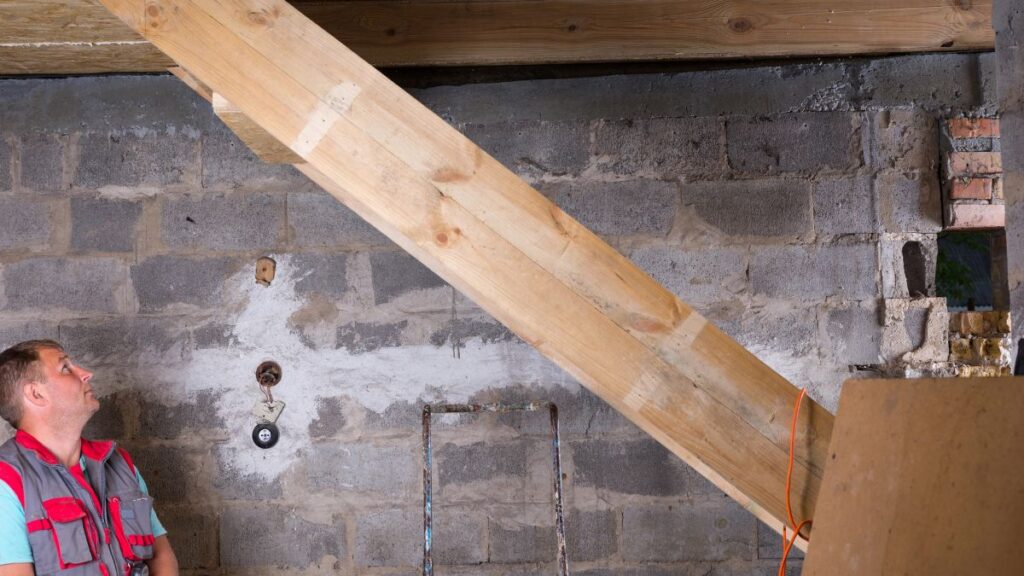
Making structural changes to your home, such as removing load-bearing walls or adding extensions, is a complex task that requires careful planning and expertise. These types of repairs often require engineering assessments, permits, and compliance with building codes.
Attempting to do this work yourself can result in catastrophic damage to your home’s foundation, walls, and overall stability. Hiring a licensed contractor who can ensure that any structural changes are done safely and legally is essential.
HVAC System Repairs
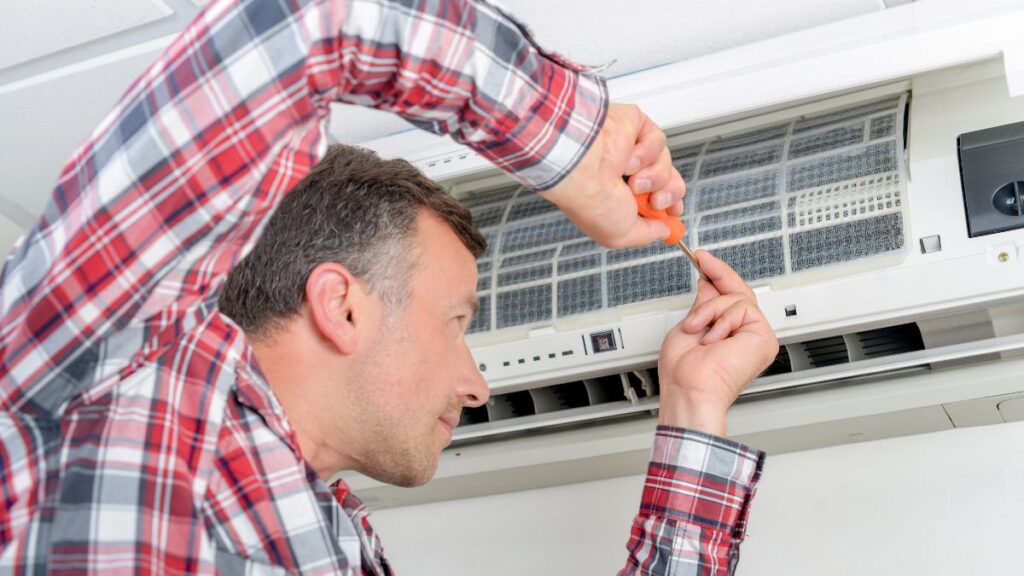
Your home’s heating, ventilation, and air conditioning (HVAC) system is crucial for maintaining comfort and air quality. However, repairing or installing HVAC systems is not something you should attempt on your own.
These systems involve complex electrical wiring, refrigerants, and ductwork, all of which require specialized knowledge. Many states require a licensed technician to perform HVAC work to ensure it’s done safely and efficiently. Unauthorized repairs can void warranties, lead to system failures, and result in legal penalties.
Window Replacement in Historic Districts
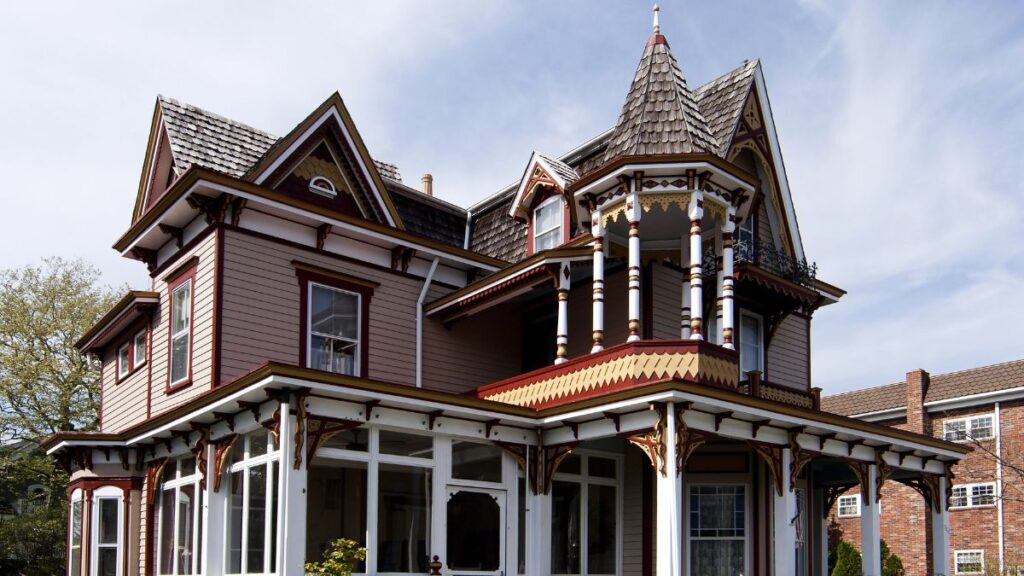
If you live in a historic district, replacing windows may require approval from a local preservation board or historic commission. These areas have strict guidelines to maintain the architectural integrity of the buildings.
Unauthorized window replacement can result in fines and may require you to undo the work at your own expense. It’s important to work with professionals who understand the regulations and can help you select windows that meet both your aesthetic preferences and legal requirements.
Sewer Line Replacement
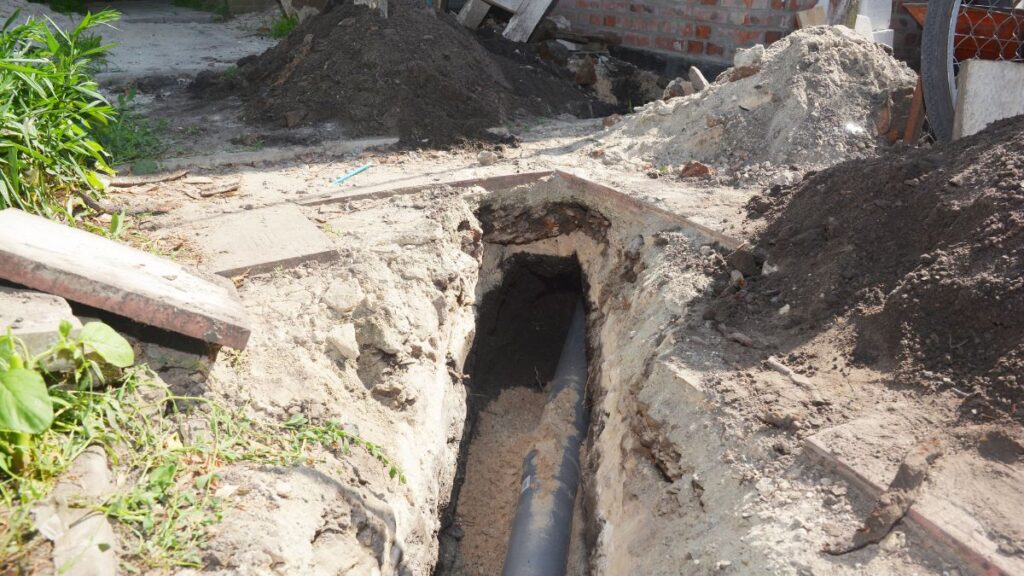
Sewer line replacement is a significant plumbing task that requires specialized equipment and expertise. This job involves digging up your yard, locating the sewer line, and ensuring that the replacement meets local codes and regulations.
Improper installation can lead to sewage backups, environmental contamination, and costly repairs. Most municipalities require licensed plumbers to do sewer line work and may also require permits and inspections.
Lead Paint Removal
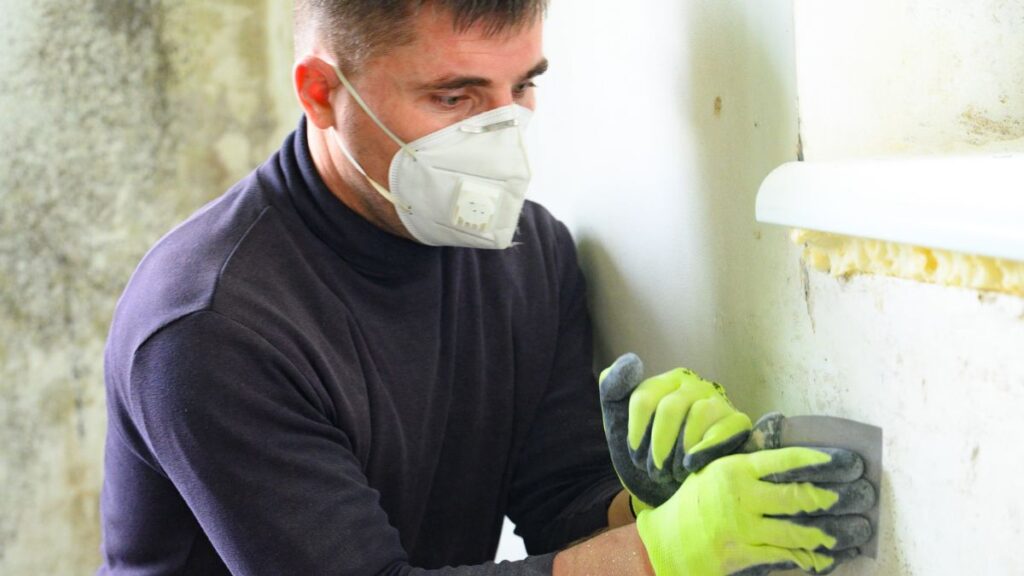
Homes built before 1978 often contain lead-based paint, which can be hazardous if not handled properly. Removing lead paint is dangerous and requires specific safety protocols to prevent lead poisoning.
Federal and state laws regulate lead paint removal; only certified professionals should do this. DIY lead paint removal can spread toxic dust, putting you and your family at risk and potentially leading to legal consequences.
Installing a New Electrical Panel
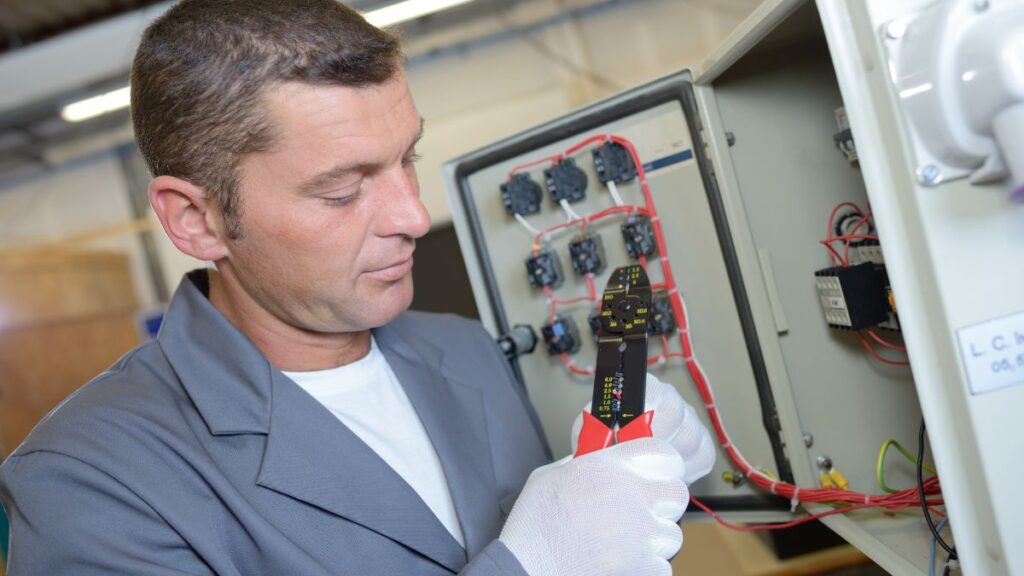
Upgrading or installing a new electrical panel requires significant expertise and is often regulated by law. Electrical panels distribute power throughout your home, and improper installation can lead to serious hazards, including fires and electrocution.
Most jurisdictions require that this work be performed by a licensed electrician who can ensure that the installation meets safety standards and complies with local building codes.
Chimney Repairs
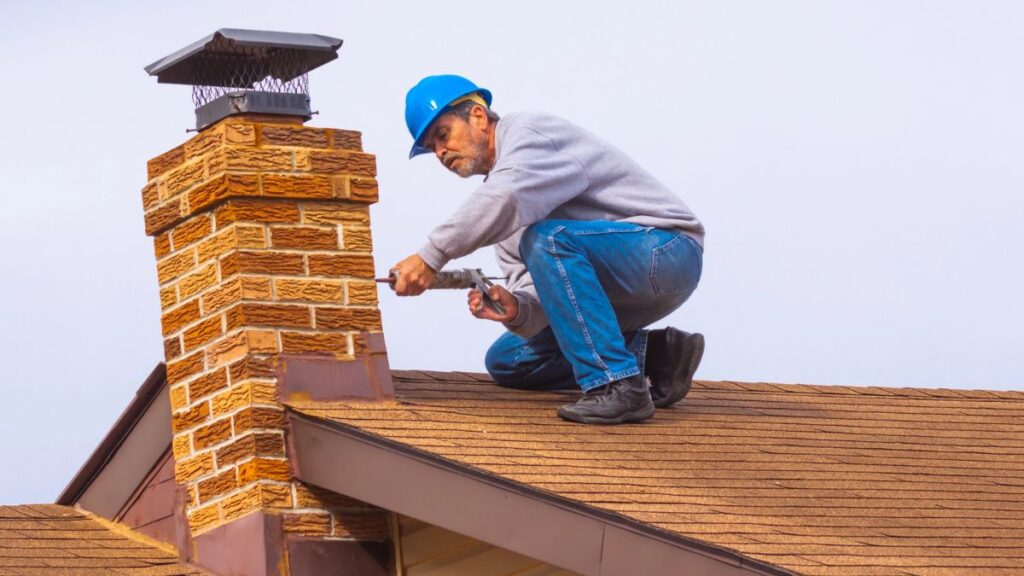
Chimneys are essential to your home’s heating system, but they can be dangerous to repair on your own. Chimney work often involves climbing onto the roof, dealing with structural components, and ensuring proper ventilation to prevent carbon monoxide buildup.
Many areas require that licensed professionals do chimney repairs to ensure that they’re safe and meet building codes. DIY chimney repairs can lead to structural damage, fire hazards, and safety violations.
Installing a Septic System
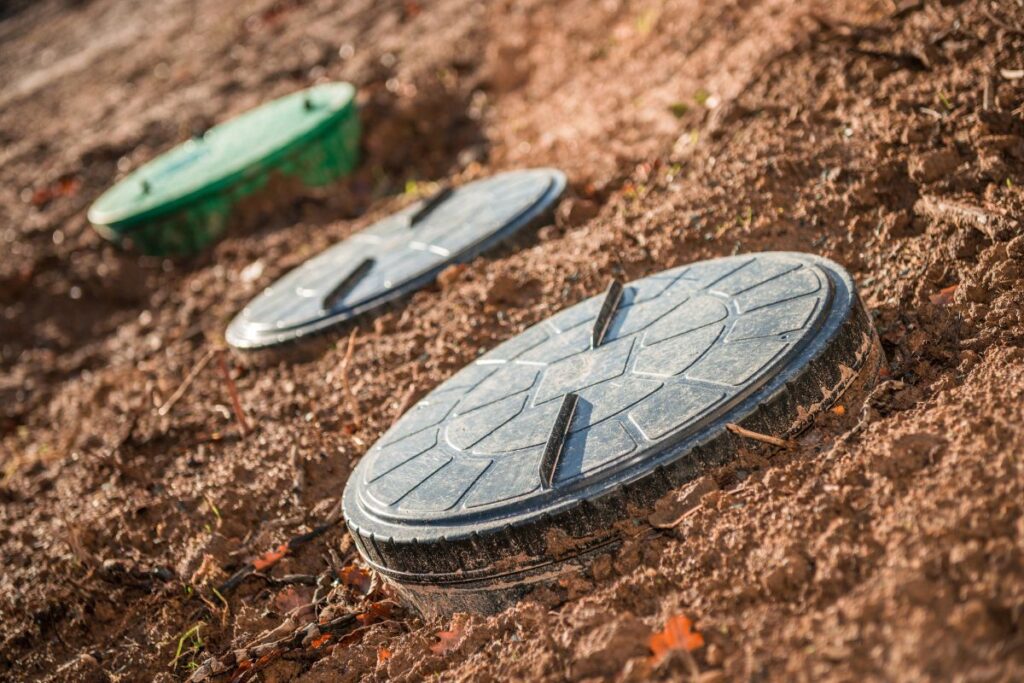
Septic system installation is a complex process that involves digging, plumbing, and ensuring that the system meets environmental regulations. This is not a task for a weekend DIYer, as improper installation can result in sewage leaks, contamination of groundwater, and significant health hazards. Most areas require that septic systems be designed and installed by licensed professionals who can navigate the permitting process and ensure compliance with local codes.
Well Pump Installation
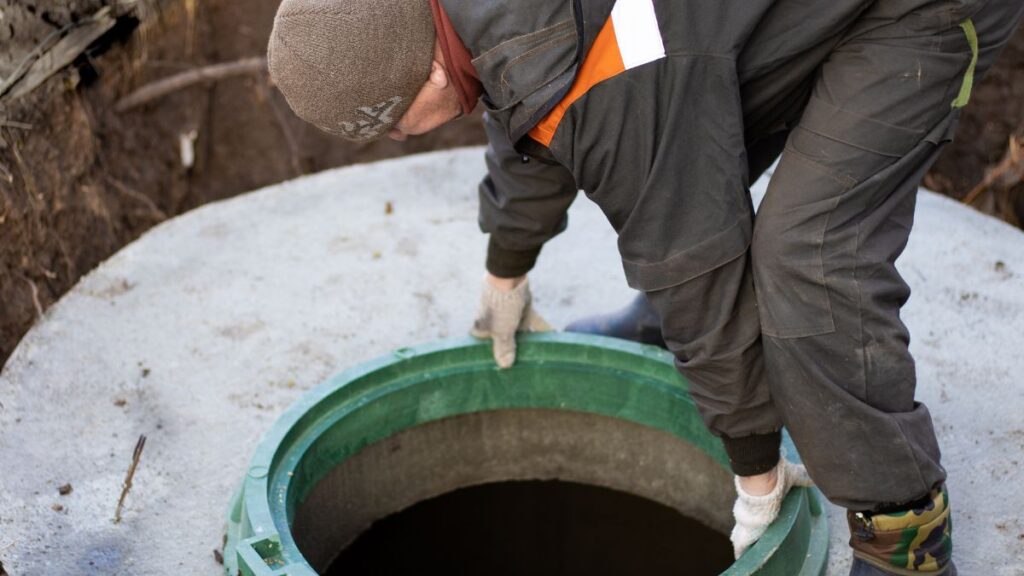
If your home relies on a well for water, installing or replacing a well pump is a task that requires specialized knowledge and equipment. This job involves working with electrical components, plumbing, and understanding the mechanics of the well system.
Improper installation can result in water contamination, system failures, and legal issues. Many states require that licensed professionals do well pump installations to ensure the safety and reliability of your water supply.
Demolishing a Structure
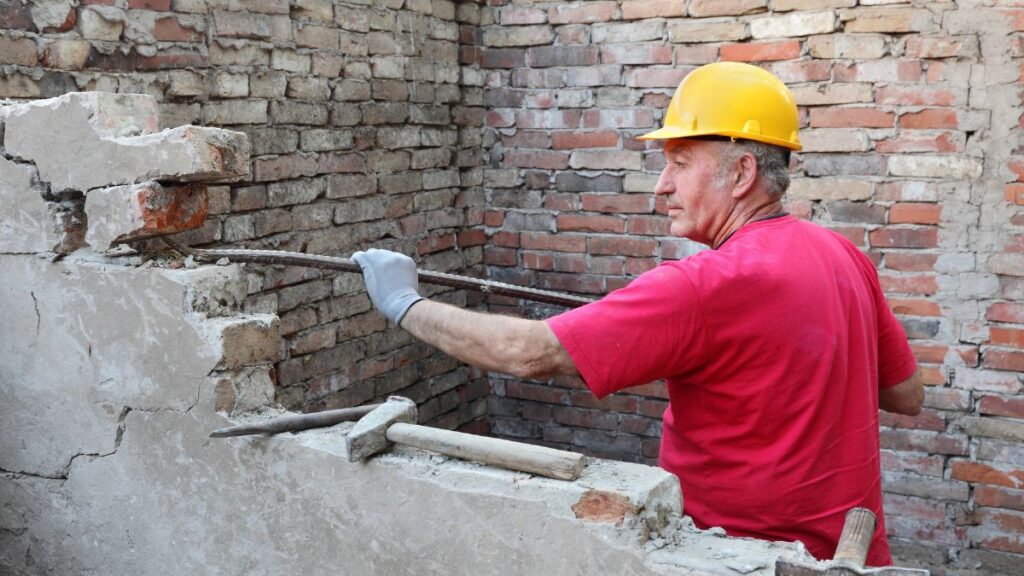
Demolishing a structure, whether a small shed or an entire building, involves significant risks and regulations. Demolition work requires careful planning, permits, and adherence to safety protocols to prevent accidents and environmental damage.
Unauthorized demolition can result in legal penalties, fines, and liability for any damage caused. It’s essential to hire a licensed demolition contractor to ensure that the work is done safely and complies with all applicable laws.
15 Foods Only The Wealthy and Elite Can Eat Now

Culinary trends are constantly evolving, and some foods have become more than just sustenance—they’ve become status symbols reserved for the elite. From rare delicacies to exclusive…
15 Foods Only The Wealthy and Elite Can Eat Now
15 Practical Ways to Save Money During Retirement

Entering retirement doesn’t have to mean giving up a comfortable lifestyle. With strategic planning and simple adjustments, it’s possible to make the most of your retirement…

